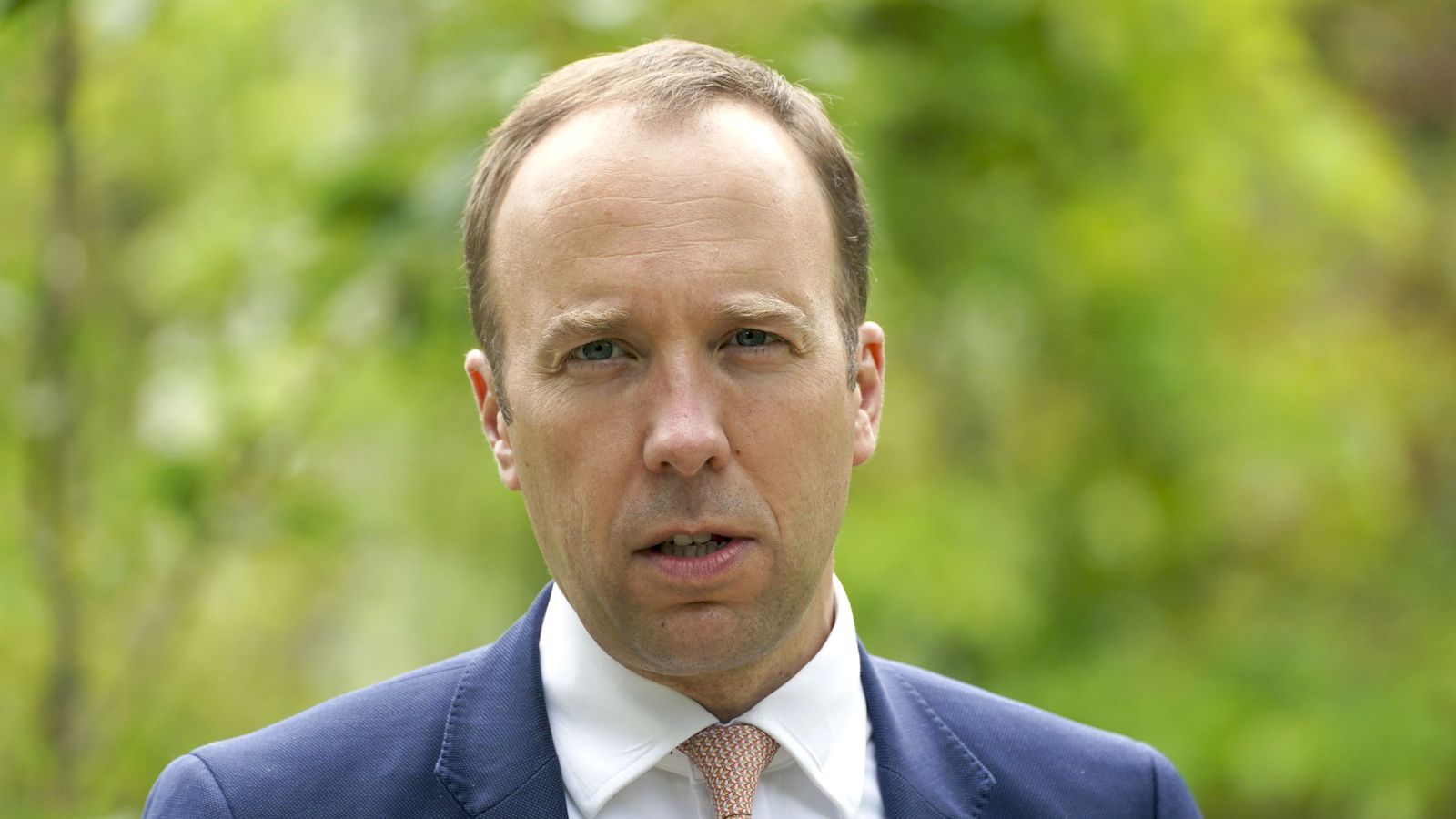In a significant development, Binance revealed that it will no longer be supporting its BUSD stablecoin. Binance will remove BUSD from both spot and margin trading pairings in a staggered manner, encouraging users to move their BUSD holdings to other assets.
The exchange made a calculated decision with this choice, forcing consumers to adjust to shifting trading pairings and look into other stablecoin possibilities in the constantly changing cryptocurrency market.
The move, which takes effect on December 15, 2023, is a result of regulatory pressure that Paxos, the BUSD issuer, had to deal with.
Regulatory Impact On BUSD And Binance: SEC Actions And NYDFS Directive
The regulatory steps taken in February by the US Securities and Exchange Commission (SEC), which identified BUSD as a possible unregistered security, also had a direct impact on the decision.
Under the directive of the New York Department of Financial Services (NYDFS), Paxos ceased the issuance of BUSD. Binance has decided to cut off support for its native stablecoin as a result of regulatory scrutiny.
On the other hand, Paxos guarantees customers that BUSD will continue to be completely redeemable through at least February 2024 and fully backed 1:1 by the US dollar.
In accordance with past communications, #Binance will cease support for BUSD products starting on December 15, 2023.
Users may trade or convert their BUSD balances for $FDUSD at zero trading fees.
Full details here
https://t.co/usRi09uOhi
— Binance (@binance) November 29, 2023
Additionally, Binance said that between December 11 and December 15, all spot trading pairings containing the BUSD stablecoin will be delisted.
It also stated that futures delistings will happen on a different timeline, and spot-taking orders and Spot Trading Bot services will end on the applicable dates.
Starting from the 31st of December, any BUSD retained by users will undergo automatic conversion into FDUSD. Nevertheless, consumers in specific nations will not undergo the conversion of their BUSD at that time.
In 2019, Binance introduced its own stablecoin. The US-based Paxos, which acts as both the currency’s issuer and custodian of fiat reserves, was instrumental in the creation of BUSD.
Subsequently, the $16 billion stablecoin became available for trading on Binance.com and other exchanges, as well as for direct purchase and redemption on the Paxos network.
BUSD: From Peak Valuation To 92% Decrease In A Year
BUSD was one of the most valuable stablecoins prior to the regulatory problems, with a market valuation that peaked in November 2022 at more than $23.3 billion.
But since then, it has seen a precipitous decrease; in just a year, its market valuation has dropped by almost 92% to roughly $1.7 billion.
Binance’s Earn, Card, Pay, and Gift Card services will also undergo modifications in addition to the exchange’s latest move.
US authorities have been taking severe measures against big cryptocurrency companies like Binance.
After admitting guilt to willfully breaking the Bank Secrecy Act, Binance’s CEO, Changpeng Zhao, resigned from his role and the company agreed to pay an astounding $4 billion in fines.
After the settlement, and the resignation of Zhao, Richard Teng assumed the CEO post.
This change in leadership exemplifies Binance’s commitment to complying with the law and adapting to the constantly shifting landscape.
Meanwhile, Paxos has disclosed intentions to collaborate with PayPal to launch PYUSD, a stablecoin of its own backed by the US dollar.
Featured image from Shutterstock







